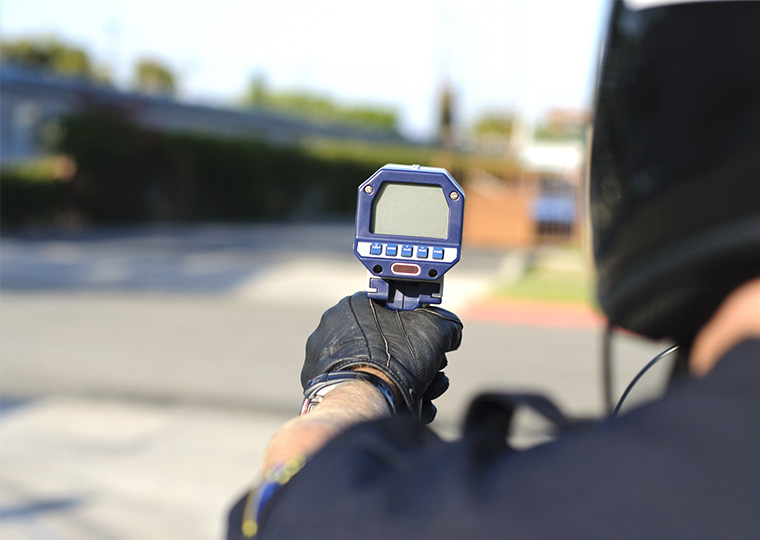Paying airlines to scrap — instead of sell — old planes produces environmental benefits at a low cost
Despite a concerted push for electric vehicles, there will still be a lot of gas burners on the road for years to come. Jetliners have a similar issue. The latest planes produce 80% of the carbon emissions of older ones, but left to the market, inefficient models will continue to fly for years.
To encourage airliners to scrap their less-efficient aircraft and speed the de-carbonization of the aviation industry, UC Irvine’s Jan K. Brueckner, USC’s Matthew E. Kahn and UCLA Anderson’s Jerry Nickelsburg propose an airline version of the 2009 auto-buyback program known as “cash for clunkers”: paying airlines to scrap older aircraft that they would otherwise sell on the used-plane market.
Scrap Over Resale?
In a working paper analyzing the feasibility of such a program, the authors suggest that if designed correctly, it would more than pay for itself in reduced carbon emissions. Using data about aircraft resales and fuel usage and estimates of the scrap value of used planes, they conclude that scrapping 65 planes retired by the six largest U.S. carriers between 2015 and 2019 would have cost the government $146 million and delivered a carbon-reduction benefit valued at more than $821 million.
Opt In to the Review Monthly Email Update.
“Airlines can be induced to scrap rather than sell older planes upon retirement with a payment that is less than the forgone carbon damage, yielding net social benefits,” the authors write.
Modern airliners can stay in service as long as 35 years, depending on how and where they’re flown. Most large U.S. carriers tend to retire their planes after 20 years or so, either scrapping or storing them for parts or reselling them to smaller startup airlines, overseas carriers or cargo services.
Thanks to technology improvements, newer craft are far more fuel-efficient — and therefore less polluting — than older models. For example, the newer Boeing 737-800 model burns roughly 22% less fuel than the 737-400 model it replaced. Since each gallon of jet fuel produces about 9.75 kilograms of CO2, grounding older planes before their usual scrap date would reduce total aviation emissions, which account for 2-3% of all U.S. carbon emissions.
The 2009 federal Car Allowance Rebate System, or cash for clunkers, provides a model for how to do that. The program, adopted in the wake of the 2008 financial crisis, was designed to spur new car sales and reduce auto-related pollution by giving car buyers a voucher to buy a more efficient vehicle if they traded in their gas guzzlers.
Cash for clunkers was immediately popular. Its $3 billion budget was spent in two months and resulted in the scrapping of an estimated 660,000 vehicles. Estimates forecast that over time the program would reduce CO2 emissions by between 9 million and 28.4 million tons — or about 0.1-0.4% of the U.S. total.
Targeting More Fuel Efficiency in the Air
To study how a similar program would work for airlines, the authors collected blue book values for each plane sold in 2015, 2017 and 2019, including the type of craft, its age, range in miles and other characteristics. Data about annual fuel usage and seat-miles traveled by aircraft type and airline was provided by the U.S. Bureau of Transportation Statistics. Finally, the authors tracked usage data for each aircraft manufactured between 1991 and 2019 from the Planespotters.net website.
The analysis examined 585 planes retired between 2015 and 2019. Of the 126 sold to passenger or cargo carriers, 65 were considered eligible for possible cash-for-clunkers payments. Based on the difference between the planes’ scrap value and resale price, the authors calculated the program would cost the government about $146 million.
Assuming the airlines replaced their scrapped planes with the most efficient craft available at the time, removing the planes would reduce total carbon emissions by 20.5 million metric tons, based on a conservative cost estimate for carbon damage of $40 a metric ton, or a total of $821 million — or about $5.60 of benefits forevery $1 of cost.
Featured Faculty
-
Jerry Nickelsburg
Adjunct Full Professor and Director, UCLA Anderson Forecast
About the Research
Brueckner, J. K., Kahn, M. E., & Nickelsburg, J. (2024). Decarbonizing Aviation: Cash-for-Clunkers in the Airline Industry. SSRN Electronic Journal. doi:10.2139/ssrn.4746815




